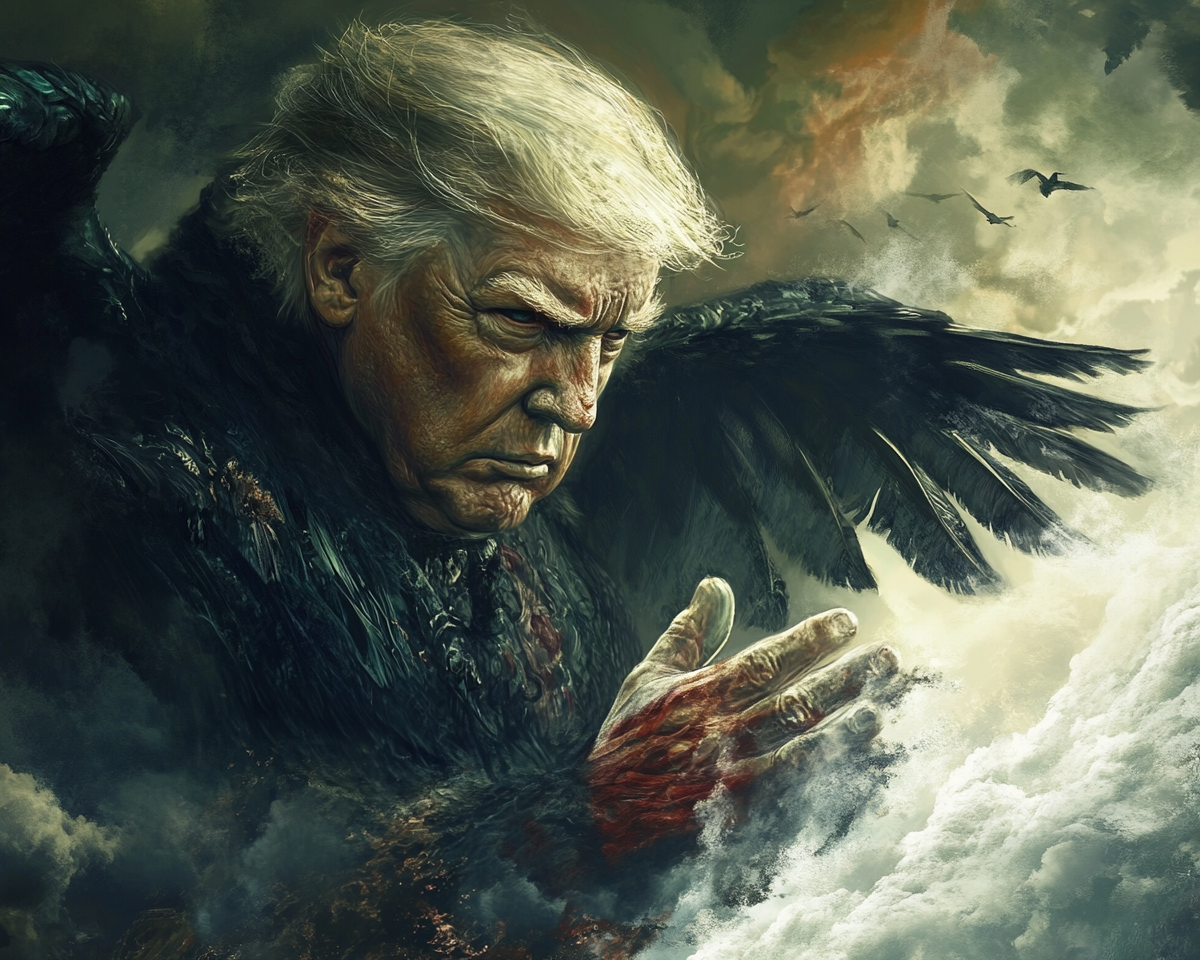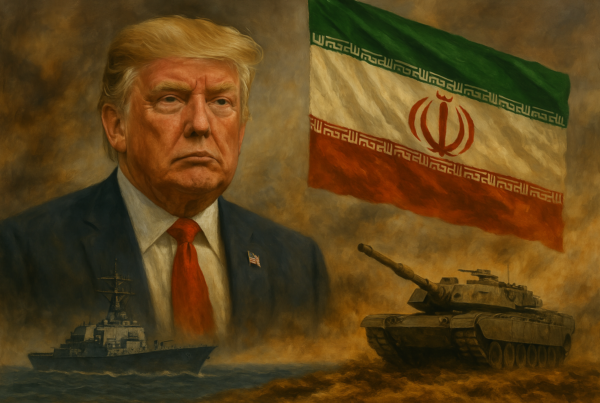Russia’s entire future hinges on victory in Ukraine. Whether Russia will continue to exist at all depends on this outcome. Thus, no topic is more important than this war. It is sacred.
The arrival of Trump in the White House, the same Trump who indirectly unleashed this war against us, carries immense significance. His leadership represents a significant shift in the image of our primary adversary, who remains our chief opponent to this day. We are fighting the collective West, NATO, and the globalist elite that directs both. And now Trump rises to lead the United States, declaring, “I am also fighting the globalist elite.” Yet the U.S. remains the core pillar of the collective West and NATO — with or without Trump. This creates a unique tension.
Our heightened interest in Trump is entirely justified, as this represents a change in leadership in the camp of our main adversary. Much depends on this shift.
We cannot predict what to expect from Trump and his administration. However, certain trends are evident. Trump clearly distances himself from left-liberal globalism, rendering attempts to engage with Washington through organizations like the Council on Foreign Relations or other left-liberal structures entirely counterproductive. As for the neoconservatives, there is no point in talking to them — they are not interested.
It seems that Trump’s strategists will represent a hybrid of neoconservatives (right-wing globalists) and realists. Trump himself leans toward the realists, but this school of thought in international relations has been largely dismantled over recent decades. Realists would be the ideal partners for us since Ukraine in NATO — and especially a war with Russia — has no real value for U.S. national interests, which realists prioritize. However, we are not dealing with pure realists but with a hybrid — right-wing globalist realism. This is a complex configuration, and much of our path to victory will now depend on it.
With Biden’s globalists (both right and left), we came dangerously close to nuclear war and total mutual annihilation. Even now, we are balancing on this perilous edge. How relations will evolve under right-wing globalist realism remains uncertain.
It is crucial not to overestimate Trump’s significance for us. That would be a mistake — he is not a gift, and the fight will be long and arduous. Nothing will end or halt quickly. But it is equally important not to underestimate Trump and the changes associated with him. That too would be an error. Certain dynamics between Washington and Kiev, and between Washington and Brussels, will shift. We must clearly and promptly understand exactly how.
Negotiations about freezing the conflict along the line of contact, creating interim demilitarized zones, or guaranteeing Ukraine’s non-entry into NATO are no longer on the table. We have irreversibly moved past these possibilities. Now, only the full capitulation of the Kiev regime and Ukraine’s transition under our control will suffice — whether as part of Russia (as it has been historically) or as a friendly and guaranteed loyal entity. That’s it. All negotiations begin and end with this premise. Everything else will be decided on the battlefield. The only question is when we will win — not if. Either we win, or humanity ceases to exist (let alone Ukraine). Russia’s complete and absolute victory in Ukraine is the guarantee of peace and the survival of humanity. A defeated Russia is a deadly threat, whereas a victorious Russia is friendly and harmless. This is a realism axiom in international relations.
The globalists see the situation differently. Their overarching idea is total control over humanity, and any pole of sovereignty — especially one as large and active as Russia — is an enemy to be destroyed at any cost. Their ultimate goal is our annihilation. Our ultimate goal is to preserve ourselves as a state-civilization. The two objectives are diametrically opposed.
American realists, however, have a different ultimate goal: to make America great again — an independent, sovereign, and prosperous state-civilization. For this goal, Russia is not an obstacle. By all means, make America great again — that is your right. And we will make Russia great again. Together, we could better eradicate the evil of globalism, which brings harm to all. This is our approach. In theory, MAGA adherents should agree. However, the neocons — right-wing globalists — complicate matters, interpreting America’s restored greatness as a new wave of hegemony and imperialism. In this scenario, even a non-threatening Russia once again becomes a stumbling block.
This is the complex geopolitical dilemma we must resolve with the new Washington administration.
Unfortunately, most of our international relations experts, shaped by globalism and liberalism, are entirely unprepared for this challenge and lack the necessary competence. Our goal is to preserve sovereignty and multipolarity. Our goal is victory in Ukraine. This demands profound patriotism, not the current superficiality. On the other side, we encounter traditionalists and Christian (sometimes Judeo-Christian) conservatives, unfamiliar and alien to our experts.
Thus, relations with Trump’s America pose a serious challenge. We must respond to it with dignity.
(Translated from the Russian)







